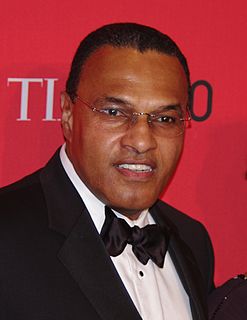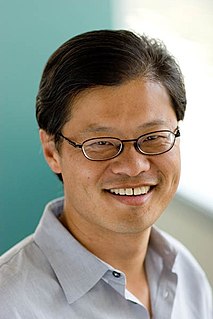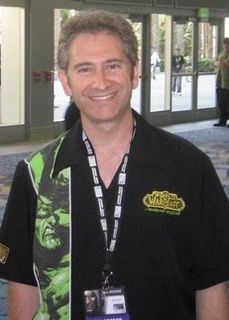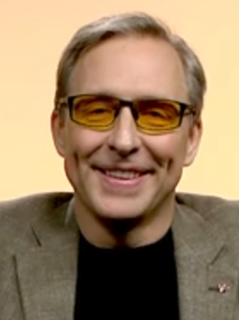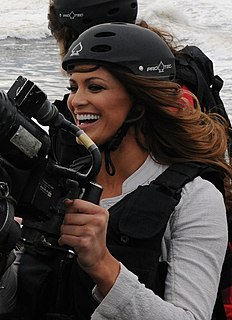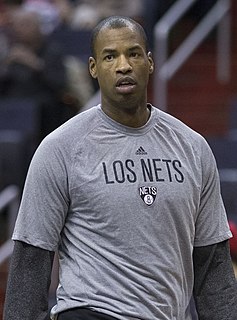A Quote by Aaron Patzer
I always knew I wanted to be a technologist, so I went to Duke and got a degree in computer science and electrical engineering. Really, I thought my goal in life was to be an inventor, a problem solver, so I thought I needed a Ph.D. to be good at inventions, but it turns out that you don't.
Related Quotes
When the media would call and want to interview me, I thought it was 'cause they really wanted to find out what I thought about things. I thought it was because they really wanted to find out who I am. That's not what they wanted. They already in their minds knew who I was and they didn't like it, and they wanted face-to-face opportunities to expose my defects and my problems and my racism and bigotry and all this.
Education in my family was not merely emphasized, it was our raison d'être. Virtually all of our aunts and uncles had Ph.D.s in science or engineering, and it was taken for granted that the next generation of Chu's were to follow the family tradition. When the dust had settled, my two brothers and four cousins collected three MDs, four Ph.D.s and a law degree. I could manage only a single advanced degree.
My background, I really am a computer hacker. I've studied computer science, I work in computer security. I'm not an actively a hacker, I'm an executive but I understand the mindset of changing a system to get the outcome that you want. It turns out to make the coffee, the problem is actually how the beans get turn into green coffee. That's where most of the problems happen.
I love technology. Matches, to light a fire is really high tech. The wheel is REALLY one of the great inventions of all time. Other than that I am an ignoramus about technology. I once looked for the 'ON' button on the computer and came to find out it was on the back. Then I thought, anyone who would put the 'on' switch on the back, where you can't find it, doesn't do any good for my psyche. The one time I did get the computer on, I couldn't turn the damn thing off!
I thought that I knew the world pretty well. I mean this is what I do for a living, I've been in government or in the Navy Reserves for 13 years. I've got an undergraduate degree and a master's degree focused on that stuff so I would put myself on the what I thought was the more well educated end of the spectrum on these things.



